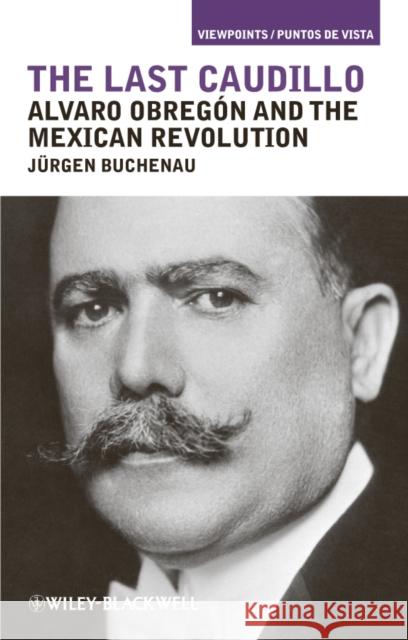The Last Caudillo: Alvaro Obregón and the Mexican Revolution » książka
topmenu
The Last Caudillo: Alvaro Obregón and the Mexican Revolution
ISBN-13: 9781405199032 / Angielski / Miękka / 2011 / 232 str.
The Last Caudillo presents a brief biography of the life and times of General Alvaro Obregon, along with new insights into the Mexican Revolution and authoritarian rule in Latin America.
- Features a succinct biography of the life and times of a fascinating figure in Mexico's revolutionary past
- Represents the most analytical and up-to-date study of caudillo/military strongman rule
- Sheds new light on the networks and discourse practices that support rulers such as the Castros in Cuba and Hugo Chavez in Venezuela, and the emergence of modern Mexico
- Offers new insights into the role of leadership, the nature of revolution, and the complex forces that helped shape modern Mexico











